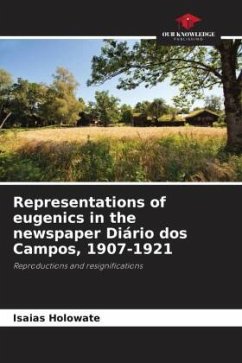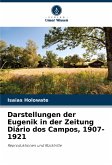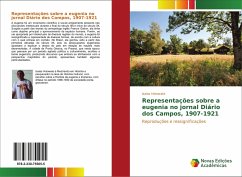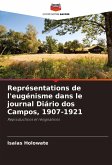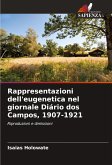Eugenics was a scientific and social movement widely present in intellectual discussions during the late 19th and early 20th centuries. Arising from the theories of the English anthropologist Francis Galton, its main objective was to improve the human species. However, as it was appropriated by intellectuals from different regions of the world, eugenics was re-signified and represented in different ways, according to the culture it came into contact with. In Brazil, it gained prominence from the first decades of the 20th century, as eugenicist assumptions helped to explain the country's backwardness in relation to more developed nations. The city of Ponta Grossa, in the state of Paraná, which at the time was going through a politically and culturally turbulent period, embraced eugenicist theory, producing discourses that, although aligned with the majority perspective of the period, also had some particularities.
Bitte wählen Sie Ihr Anliegen aus.
Rechnungen
Retourenschein anfordern
Bestellstatus
Storno

